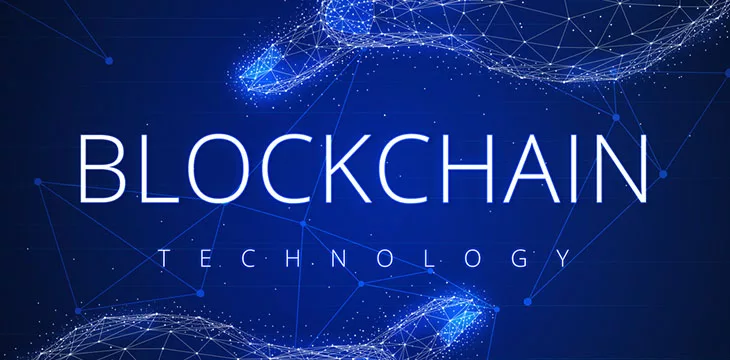How blockchain technology is transforming real estate

Blockchain technology is being incorporated almost everywhere. Hospitals use it to secure and share patient files. Accountants and banks are investing in the blockchain as a means of increasing the speed and security of financial transactions. Even in real estate markets, blockchain is transforming the way things are done.
Real estate may not seem like the obvious industry to leverage blockchain technology. However, experts believe that it can help make a positive difference in the efficiency and security of real estate transactions. Instead of working in person, the blockchain could enable more online transactions to realistically take place.
Takes real estate online
In the modern world of smartphones, the internet and apps all working together to put the world at your fingertips, customers have come to expect a certain ease of use. This feeling carries from simple online shopping to scheduling appointments online to buying a house. The rules for customer courtesy are changing and the property market is using blockchain to meet demand.
One of the main ways the real estate market has changed is by taking listings online where customers can browse homes and find an agent with a simple click of a button. However, blockchain stands to create an even greater online opportunity for real estate. With blockchain behind them, many agents believe they can complete the entire process – short of physically visiting the home – online.
Some platforms are coming online that do just that. To use the blockchain, real estate companies “tokenize” their assets, so that the property can be traded on an exchange similar to the stock market. The tokens can easily be exchanged or exchanged for money – i.e. buying a home. Doing this can cut out many of the middlemen in the home buying process and create a more simple and transparent opportunity for consumers.
Increase speed and reduce fraud
Incorporating blockchain technology into the real estate market could also be a huge boon for consumers in other ways. Because all transactions are verified on a network of computers, transactions can be completed in minutes or seconds. Instead of relying on people to review transactions and operate within normal business hours, these transactions can happen anywhere at any time. This speeds up the process considerably.
Because all blockchain transactions are completed on a public ledger, all parties can see the transaction at any time. Traditional methods are prone to fraud and human error, but this significantly increases transparency and helps reduce the likelihood of fraud. Also, the blockchain is an incredible tamper-proof way of storing informationmaking it one of the safest ways to do business.
Part of the reason why the blockchain is so secure is that the information is decentralized. It would be incredibly difficult for a fraudster to change a blockchain transaction stored on hundreds of different computers across the country without anyone noticing. Ultimately, this increases confidence in the property market system, which does not have too far back in history to look for evidence of the dangers of a lack of transparency. The housing crisis of 2008 is a good example of what can happen.
New opportunities
Real estate companies are interacting with more data than ever before. Some of this data is internal, linked to sales figures and income, while some of it is external, for example data collected by authorities or social media. All this gives estate agents a broader picture of the markets they work in and gives them the opportunity to create innovative opportunities.
For example, once the properties have been “tokenized” it is easy to split them up in meaningful ways. Fractional ownership becomes a much simpler and more realistic alternative. This could be a scenario where investors are given the equivalent number of tokens to represent the percentage of the investment they have made. Ultimately, it can lower investment costs and entry barriers to investment markets.
Conclusion
Blockchain technology is truly transforming the real estate industry. The technology can speed up transactions and reduce the number of intermediaries involved, while also strengthening security. In addition, the technology can open up a number of new opportunities, such as shared ownership for investors, which can generate much more wealth among certain sectors of the population. It can be a win-win progress.

























